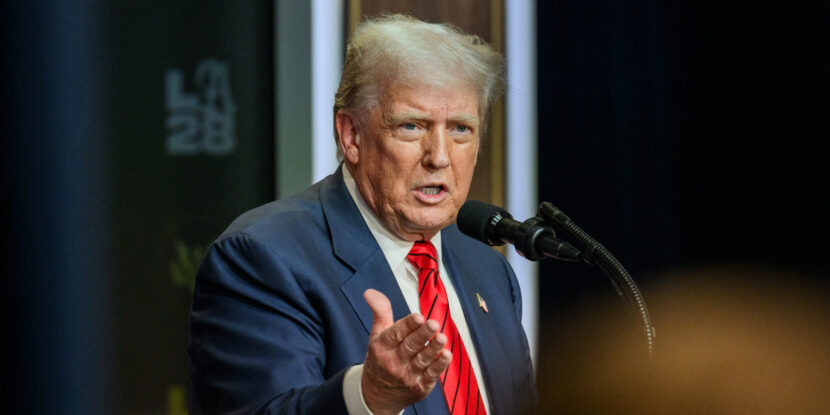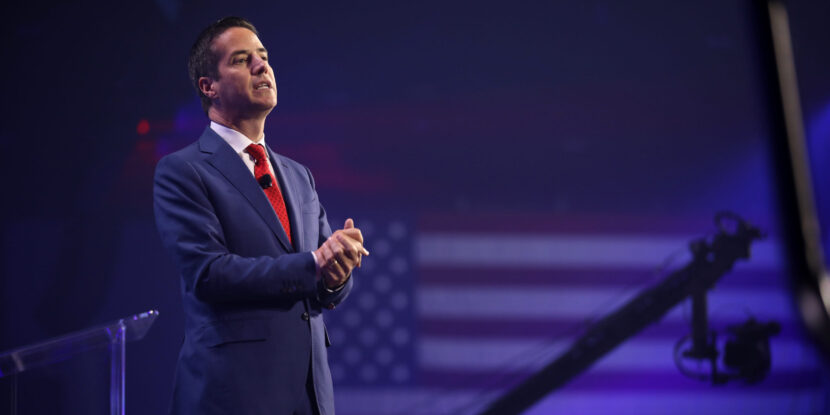❓WHAT HAPPENED: A man was shot by U.S. Secret Service agents and a deputy after entering a secure perimeter at Mar-a-Lago.
👤WHO WAS INVOLVED: U.S. Secret Service agents, a Palm Beach County Sheriff’s Office deputy, and an unidentified male.
📍WHEN & WHERE: February 22, around 1:30 a.m., at Mar-a-Lago, Palm Beach.
💬KEY QUOTE: “The incident is under investigation by the FBI, U.S. Secret Service, and the Palm Beach County Sheriff’s Office.”
🎯IMPACT: The involved Secret Service agents are on administrative leave, and no personnel were injured.
On February 22, a male in his early 20s was shot by U.S. Secret Service agents and a deputy from the Palm Beach County Sheriff’s Office after he entered the secure perimeter at Mar-a-Lago without authorization.
U.S. media identified the alleged gunman as 21-year-old Austin Tucker Martin of North Carolina.
Authorities said he was shot dead by Secret Service agents after raising his weapon into a “shooting position.”
A photograph circulating online originated from a missing person poster shared days earlier by the family of “Tucker Austin Martin” from Moore County, North Carolina.
He was observed near the north gate of the Mar-a-Lago property carrying what appeared to be a shotgun and a fuel can.
The confrontation with law enforcement resulted in shots being fired by the agents and the deputy. Fortunately, no Secret Service or PBSO personnel were injured during the encounter.
At the time of the incident, there were no Secret Service protectees present at Mar-a-Lago. The situation, including the man’s background, motives, and the use of force, is under investigation by the FBI, the U.S. Secret Service, and the Palm Beach County Sheriff’s Office.
In line with agency policy, the Secret Service agents involved have been placed on routine administrative leave pending the outcome of the investigation.
Join Pulse+ to comment below, and receive exclusive e-mail analyses.
















